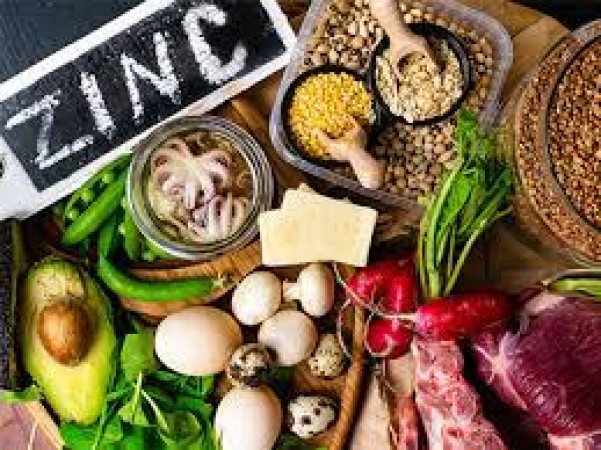
In a world where healthy eating trends are on the rise, foods rich in essential minerals like zinc are in the spotlight. While zinc is a vital nutrient that plays a crucial role in various bodily functions, consuming high zinc foods such as eggs and nuts can have both positive and negative impacts on your health. In this article, we will dive deep into the world of zinc, exploring its benefits and potential problems, all while keeping an eye on the daily limit you should be aware of.
Zinc is an essential trace element that our bodies require for proper growth, development, and overall health. This micronutrient is involved in a wide range of biological processes, including:
Immune Function: Zinc plays a pivotal role in supporting a robust immune system, helping the body fight off infections and illnesses.
Wound Healing: It aids in the healing of wounds by promoting collagen production, a key component of skin repair.
DNA Synthesis: Zinc is necessary for DNA synthesis and cell division, critical for growth and development.
Sensory Perception: Our senses of taste and smell rely on zinc for their proper functioning.
Enzyme Activity: Many enzymes in the body require zinc as a cofactor to carry out vital chemical reactions.
When it comes to incorporating zinc into your diet, certain foods stand out as excellent sources. These include:
Now that we've covered some high zinc foods let's delve into the numerous benefits this essential mineral offers:
While zinc is undoubtedly beneficial, consuming too much of it can lead to various health problems. Here are five potential issues associated with excessive zinc intake:
Determining the right amount of zinc to consume daily is crucial to avoid the problems associated with excessive intake. The recommended daily intake of zinc varies depending on age, gender, and life stage, but generally ranges from 8 to 11 milligrams for adults.
It's important to note that the upper limit of zinc intake is set at 40 milligrams per day for adults. Going beyond this limit can lead to the problems we've discussed.
In conclusion, high zinc foods like eggs and nuts can be a valuable part of a balanced diet, offering numerous health benefits. However, it's essential to be mindful of your zinc intake and stay within the recommended daily limit to avoid potential health problems associated with excess zinc. By incorporating zinc-rich foods in moderation, you can harness the power of this essential mineral to support your overall well-being. Remember, when it comes to nutrition, balance is key, and zinc is no exception.
Is There an Ideal Time to Consume Common Foods?